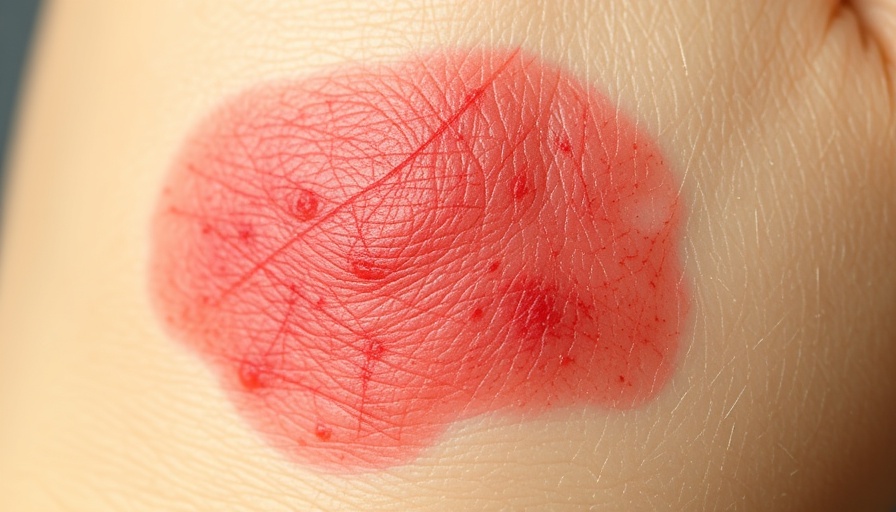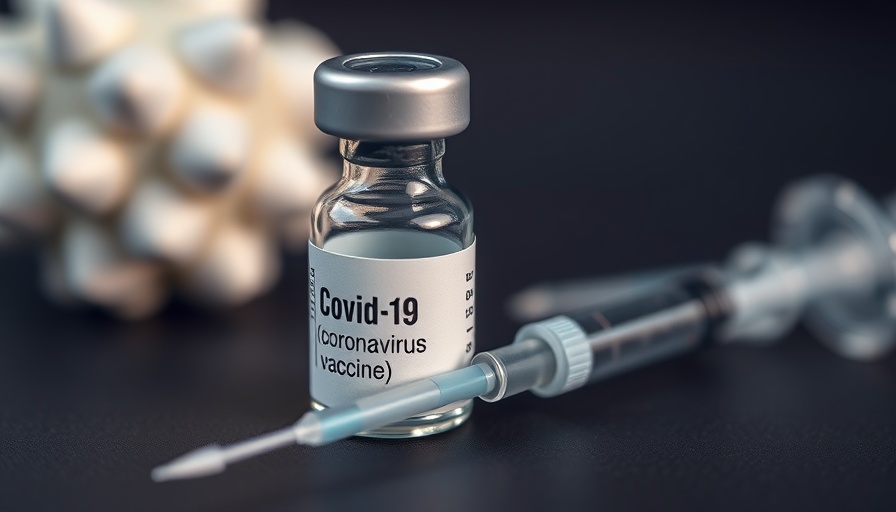
Understanding the Link Between Inflammatory Bowel Disease and Skin Disorders
Inflammatory Bowel Disease (IBD), which includes conditions like Crohn's disease and ulcerative colitis, doesn’t just affect the digestive system; it also has implications for the skin. A recent study has illuminated a startling trend: women and Crohn's patients experience a higher risk of developing skin disorders. With IBD impacting 3 million people in the U.S. alone, this emerging connection demands attention from both healthcare providers and patients.
The Unique Risks Faced by Women with IBD
Women are particularly susceptible to the dual challenges of IBD and dermatological issues, as the study suggests. Their bodies may respond differently to inflammation and treatment, exacerbating skin conditions like psoriasis or eczema. Understanding the risks and raising awareness among women with IBD can empower them to seek targeted treatments and preventative care. Awareness can also pave the way for lifestyle changes that could mitigate these risks.
The Role of Telemedicine in Management
In light of these findings, telemedicine emerges as a crucial tool for addressing skin-related concerns in IBD patients. Through virtual consultations, patients can discuss symptoms with dermatologists more conveniently than ever, ensuring they receive prompt, care without the added stress of an in-person visit. This method not only increases accessibility but also encourages individuals to prioritize skin health as part of their overall wellness strategy.
Broader Implications for IBD Patients
The implications of this study extend beyond just skin health. It encourages healthcare professionals to take a more holistic approach when treating IBD patients. Routine screenings for skin disorders could become a standard part of IBD care, allowing for earlier detection and better management of any complications that may arise.
Empowering Patients Through Knowledge
With knowledge comes power. Patients with IBD, especially women, should be educated about the potential for skin disorders and encouraged to advocate for their health. Using platforms like telemedicine, they can receive tailored advice on skincare that complements their treatment plans, thereby improving both their physical and emotional well-being.
Conclusion: A Call to Action for IBD Patients
The link between skin disorders and IBD, as highlighted in recent studies, unveils a critical aspect of living with this chronic condition. By fostering open communication with healthcare providers and utilizing resources such as telemedicine, individuals can take proactive steps towards maintaining their overall health. It’s not just about managing symptoms; it’s about embracing a healthier, more informed way of life.
 Add Row
Add Row  Add
Add 




 Add Row
Add Row  Add
Add 

Write A Comment